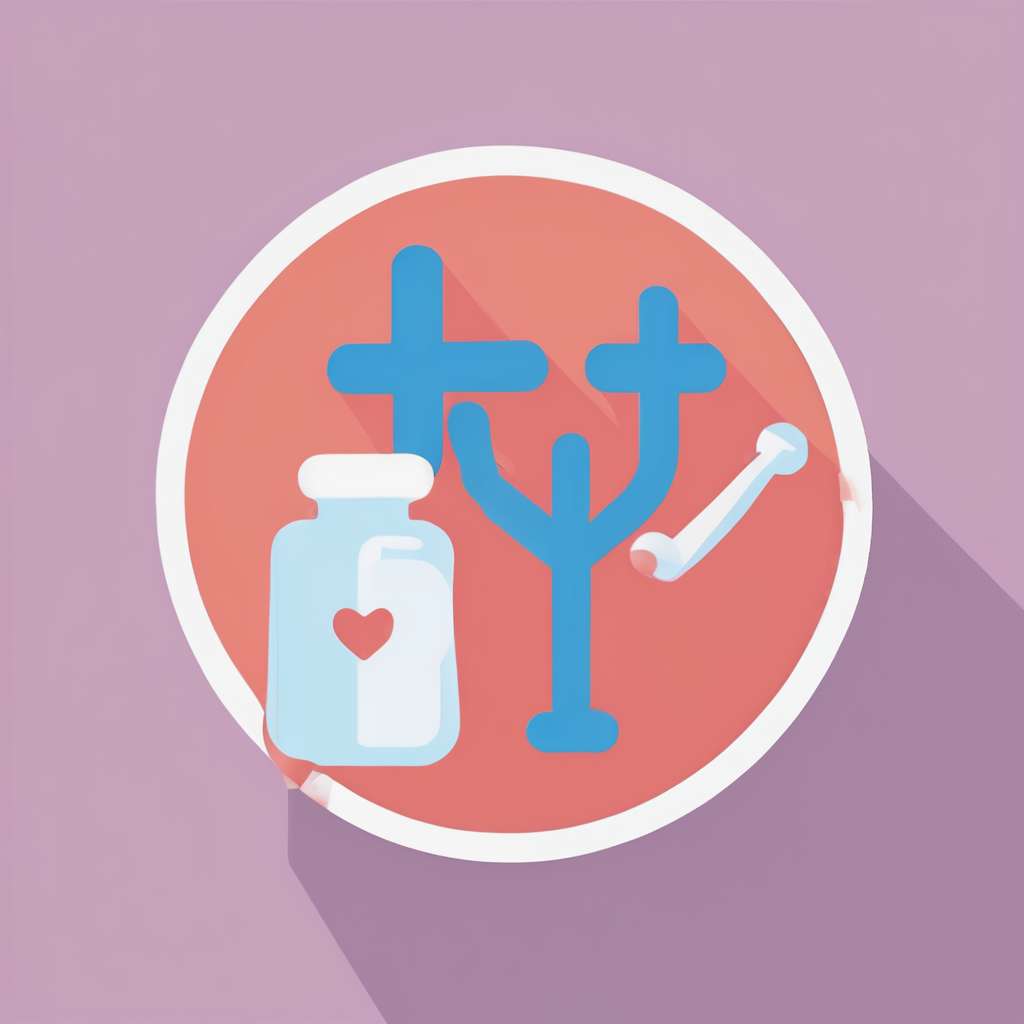Unlocking Hidden Health Benefits of Ancient Herbal Remedies in the UK
Ancient herbal remedies have been a cornerstone of traditional medicine benefits for centuries. In the UK, these remedies offer more than nostalgic value; they provide practical solutions to modern health challenges. For example, herbal preparations such as valerian root and hawthorn have been recognized for their calming effects and cardiovascular support, respectively.
These remedies address prevalent UK health issues like stress, anxiety, and heart disease—conditions impacting many today. What is surprising is how certain herbs contain compounds that interact with the body’s natural processes, promoting healing without the side effects common in synthetic drugs. This includes anti-inflammatory properties and immune system support unrecognized by mainstream medicine.
Also to see : How can UK residents practice wellness at work?
The appeal of ancient herbal remedies also lies in their accessibility and sustainability. Many people in the UK are turning to these treatments to complement conventional healthcare, seeking holistic approaches that fit modern lifestyles. These practices underscore a growing appreciation for blending time-tested traditional medicine benefits with contemporary health needs. Recognizing and validating these benefits could lead to more inclusive and effective wellness strategies across the UK healthcare spectrum.
Evidence-Based Insights: What Science Says About Herbal Remedies
Scientific research herbal medicine has advanced significantly, providing clearer insights into the efficacy of herbal remedies. Recent UK scientific studies have focused on several ancient herbs, revealing which ones truly offer health benefits beyond traditional claims.
Also to see : How Can Technology Revolutionize UK Health and Wellness?
For example, turmeric, long valued in traditional medicine, has been extensively studied. Research confirms its powerful anti-inflammatory and antioxidant properties, mainly due to curcumin. These findings align with but also refine older beliefs, showing how turmeric can support joint health and possibly reduce inflammation-related conditions.
Elderberry is another herb under scrutiny. Clinical trials highlight its ability to reduce the duration and severity of cold and flu symptoms. This lends strong support to traditional uses and encourages its inclusion in immune-boosting regimens.
Nettle, often used for allergies and inflammation, has shown promise in UK scientific studies as well. Controlled trials indicate it may help alleviate hay fever symptoms and support urinary tract health.
Overall, scientific research herbal medicine confirms that while some traditional claims are exaggerated, several herbs like turmeric, elderberry, and nettle indeed possess proven therapeutic properties, validating their continued use and further encouraging evidence-based applications.
Comparison with Conventional Medicine for Modern UK Health Concerns
Herbal remedies vs modern medicine often prompt debate, particularly in managing chronic conditions prevalent in the UK. While modern medicine typically offers fast-acting, targeted treatments backed by extensive clinical trials, herbal remedies provide a more holistic approach, addressing underlying imbalances rather than solely symptoms. In terms of outcomes, modern treatments excel in urgent care, whereas natural therapy advantages shine in long-term management and minimizing side effects.
For example, herbal preparations like St. John’s Wort have demonstrated effectiveness for mild to moderate depression, sometimes preferred by patients wary of antidepressant side effects. Similarly, herbal anti-inflammatory agents such as turmeric extract may complement conventional arthritis treatments, enhancing symptom relief without adding drug burden.
The integration of these approaches within the UK healthcare system remains limited but evolving. Some NHS practitioners increasingly support herbal remedies as adjunctive options, recognizing patient interest and promoting personalized care. Private UK practices often lead this trend, offering tailored combination therapies that blend natural therapy strengths with evidence-based conventional medicine.
By balancing these modalities, patients could benefit from a broader arsenal against modern health concerns, optimizing well-being through both scientific rigor and time-honored tradition.
Popular Ancient Herbs with Remarkable Health Benefits for UK Residents
Discovering UK commonly used herbs rooted in tradition unlocks a wealth of natural wellness. Among these, elderflower, nettle, and hawthorn feature prominently in traditional plant remedies cherished for centuries. Elderflower is renowned for its anti-inflammatory and immune-boosting properties, widely used to alleviate cold symptoms and seasonal allergies common in the UK’s variable climate.
Nettle, though often overlooked, is a powerhouse of nutrients, supplying iron and antioxidants that support blood health and reduce inflammation. It also addresses allergy relief and joint discomfort, concerns prevalent among many UK residents. Hawthorn’s cardioprotective effects are particularly notable, promoting heart health—a significant point considering the UK’s cardiovascular disease rates.
For those seeking herbal supplement benefits, preparation and sourcing are vital. Fresh, organic herbs sourced from reputable UK suppliers ensure potency and safety, while traditional methods like infusions and decoctions maximize efficacy. Beginners should also heed dosage guidelines to safely incorporate these time-honoured remedies into their daily routine.
Understanding the uses and benefits of these traditional plant remedies equips UK residents to make informed choices about their health naturally and confidently.
Safe Usage, Regulation, and Integrating Herbal Remedies in Modern UK Life
Understanding herbal medicine safety UK is essential before incorporating herbal supplements into daily life. The UK Medicines and Healthcare products Regulatory Agency (MHRA) regulates herbal medicines to ensure quality and safety. Only products registered under the Traditional Herbal Registration (THR) scheme meet specific safety and efficacy standards. When choosing herbal supplements, look for this certification to avoid unverified or potentially unsafe items.
Integrating herbal remedies responsibly also means recognizing their role alongside conventional medicine. Practical health tips include starting with low doses, monitoring for side effects, and consulting healthcare professionals—especially for those with pre-existing conditions or on other medications. This approach reduces risks and promotes a balanced use of herbal supplements.
For reliable information, reputable sources such as the NHS herbal medicine pages and accredited herbalists provide vetted guidance. These resources support informed decisions, helping users navigate herbal supplement regulation and safe use. By following these principles, one can enjoy the benefits of herbal remedies while maintaining safety and compliance within the UK framework.
